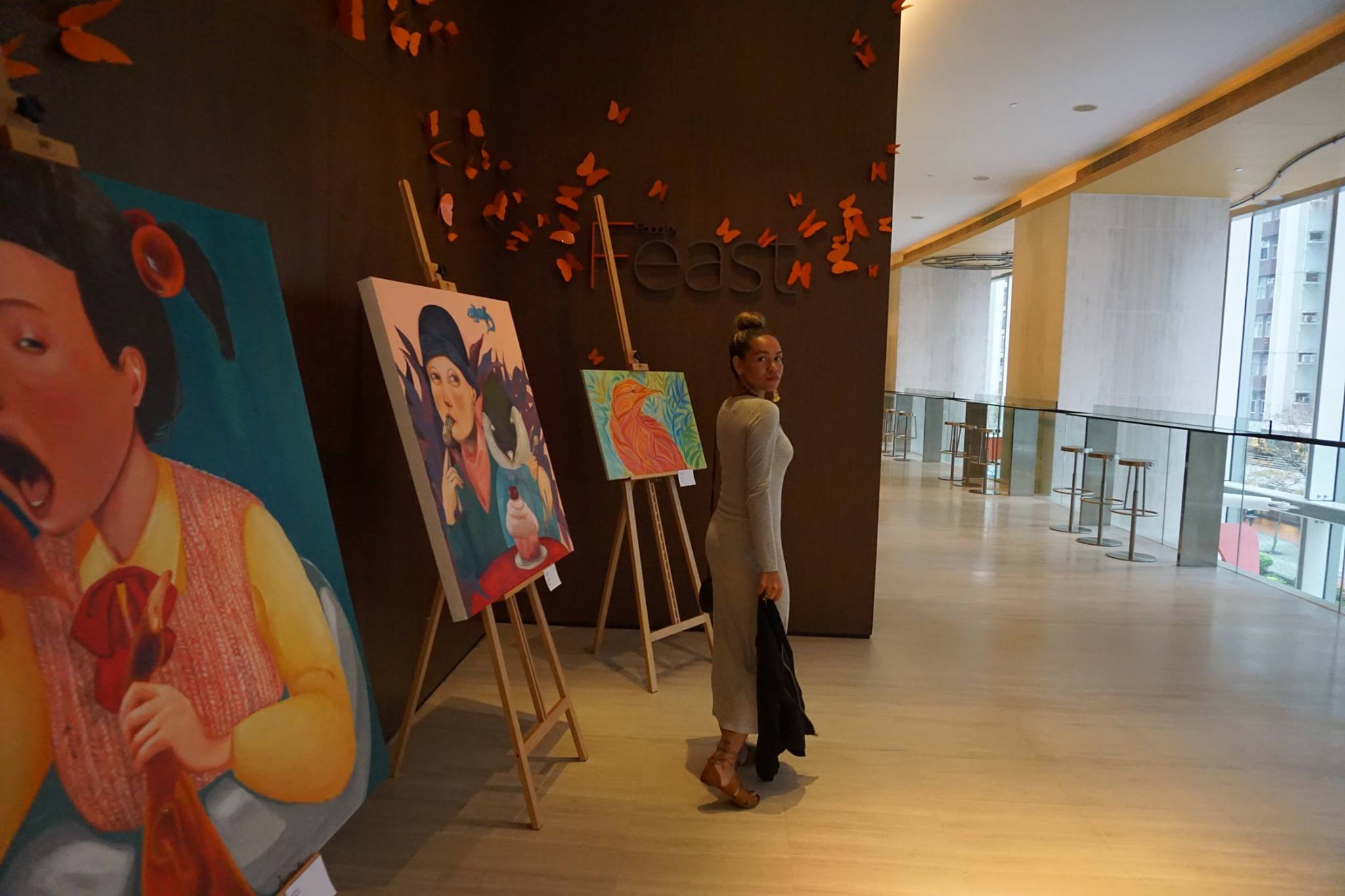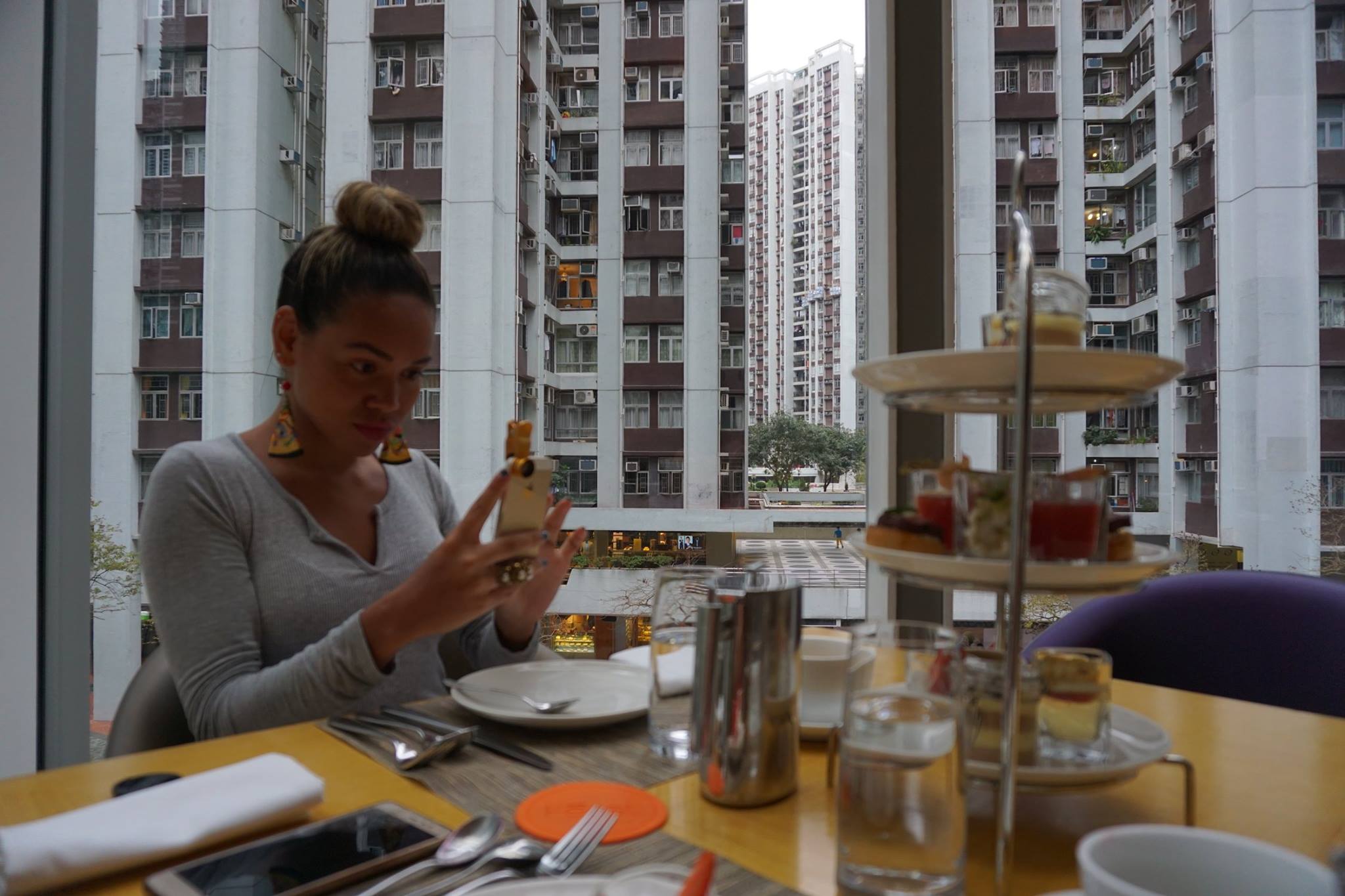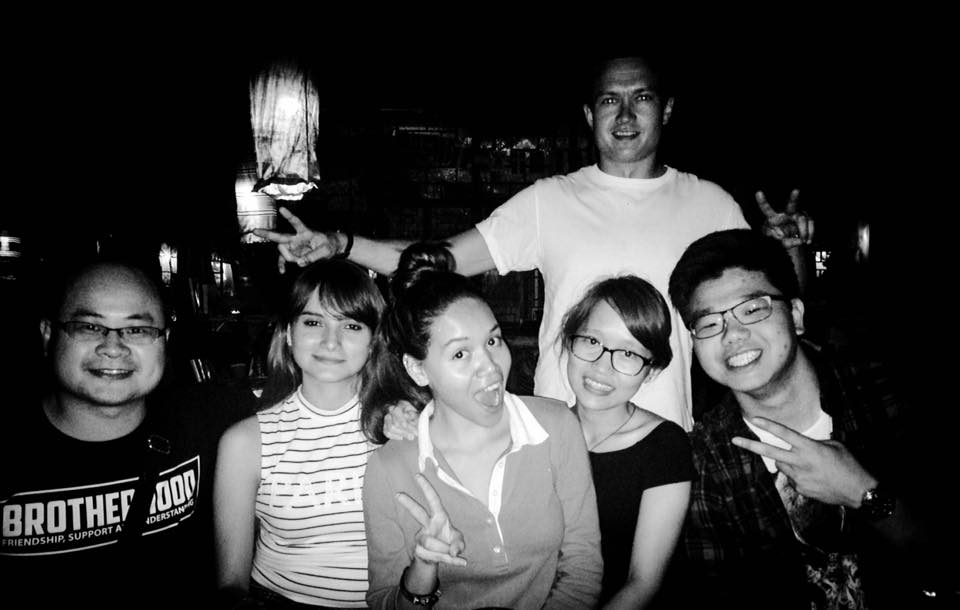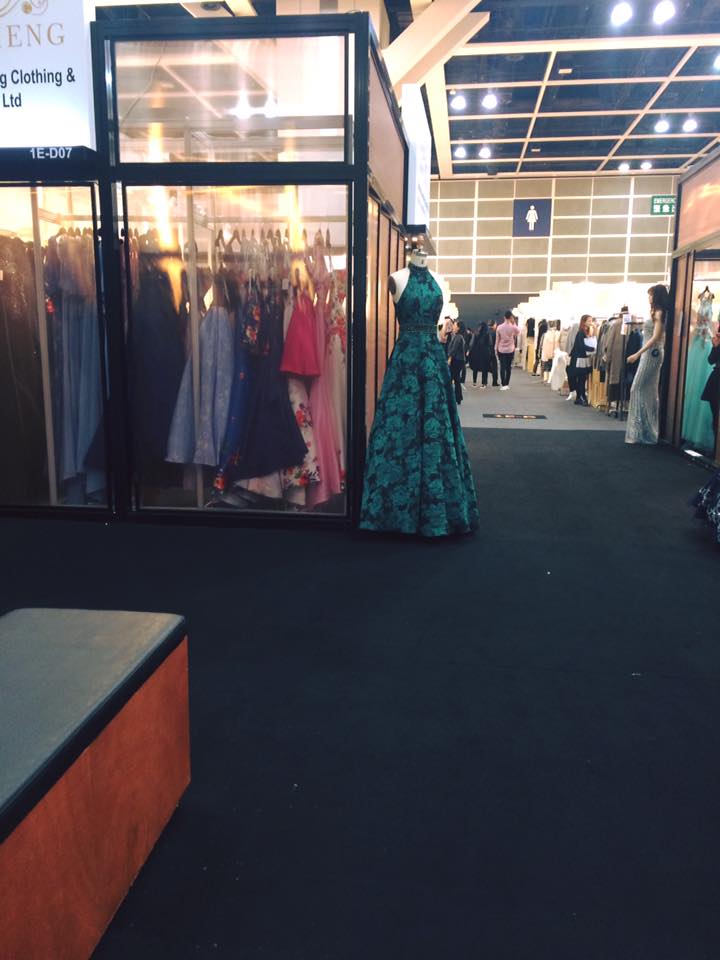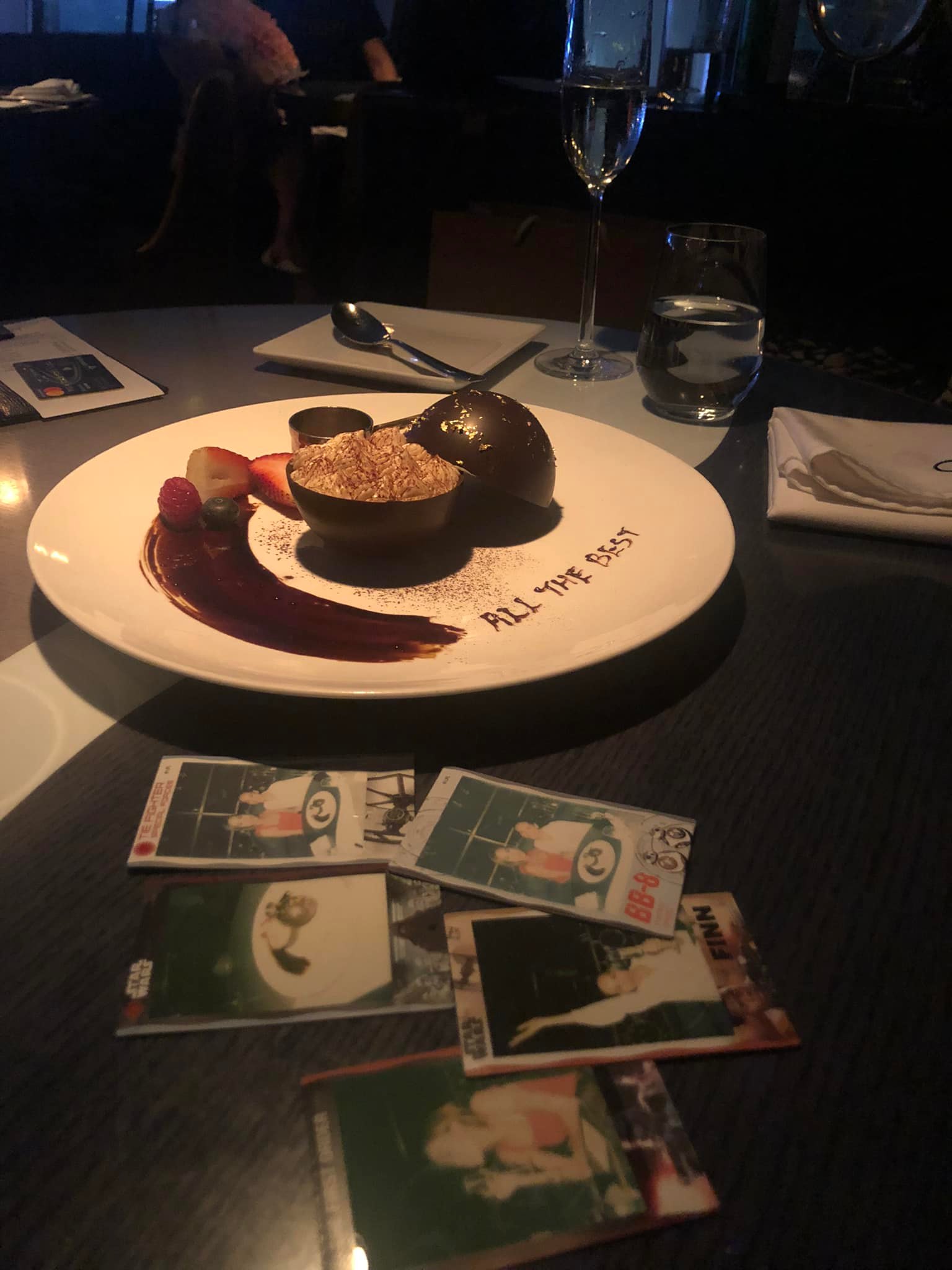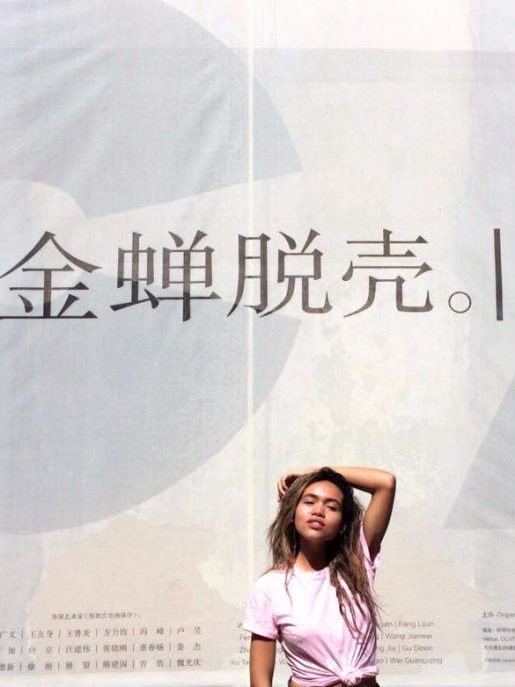Living and working in China unveils a tapestry woven with intricate social dynamics and cultural nuances. Among the myriad of cultural concepts, Mianzi emerges as a powerful force shaping interpersonal relationships and societal interactions. Delving deep into the science of Mianzi not only provides valuable insights into Chinese society but also serves as a foundational tool for constructing meaningful connections and fostering deep friendships in the Middle Kingdom.
My journey into understanding Mianzi began with my first job in Dongguan, where I encountered the nuances of traditional Chinese management firsthand. As a millennial accustomed to a more informal work culture, navigating meetings with my boss proved challenging, highlighting the importance of understanding the underlying principles of Mianzi in Chinese society.
At its core, Mianzi embodies the concept of “face,” serving as a social currency intricately linked to an individual’s status and prestige within a community. Unlike tangible assets, Mianzi is socially constructed, requiring a nuanced understanding of social hierarchy, moral standards, and rules of conduct. It encompasses both an internal component, reflecting self-evaluation in relation to others, and an external component, influenced by societal norms and perceptions.
In the lexicon of Chinese culture, Mianzi finds expression through two distinct yet overlapping terms: lian and mianzi. Lian, synonymous with a sense of shame concerning social standards of behavior, reflects an individual’s adherence to moral integrity and societal norms. In contrast, mianzi denotes status, prestige, and social position, irrespective of ethical considerations. Together, these concepts underscore the intricate interplay between personal morality and societal standing, shaping perceptions of legitimacy and social worth.
Understanding the significance of Mianzi is crucial for navigating social interactions and building meaningful relationships in China. Central to Mianzi dynamics is the preservation of face, wherein individuals strive to maintain a positive image and avoid actions that may lead to loss of prestige or social standing. This emphasis on face-saving permeates various facets of Chinese society, influencing behavior in personal, professional, and even diplomatic contexts.
In the realm of business, Mianzi assumes paramount importance as a determinant of trust and credibility. Establishing and nurturing Mianzi entails demonstrating respect, deference, and adherence to social protocols. From business meetings to informal gatherings, every interaction serves as an opportunity to give face, bolstering relationships and fostering goodwill.
However, navigating the complexities of Mianzi requires more than mere adherence to social etiquette. It necessitates a deep understanding of Chinese cultural values, norms, and communication styles. For foreign entities seeking to engage with Chinese counterparts, mastering the art of Mianzi is indispensable for building rapport, fostering trust, and unlocking opportunities in the Chinese market.
The significance of Mianzi extends beyond individual interactions, permeating organizational dynamics and even international relations. Case in point, the dispute between the Chinese government and Google underscores the importance of face-saving in diplomatic negotiations. By refusing to comply with government regulations, Google incurred a loss of face for Chinese authorities, straining bilateral relations and hindering business operations in China.
The science of Mianzi serves as a guiding principle for navigating social interactions and deepening friendships in China. By understanding the nuances of face-saving, foreign entities can navigate the intricate web of Chinese society with grace and humility, fostering meaningful connections and building lasting partnerships rooted in mutual respect and understanding.




